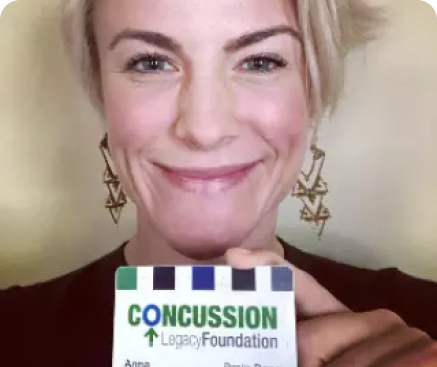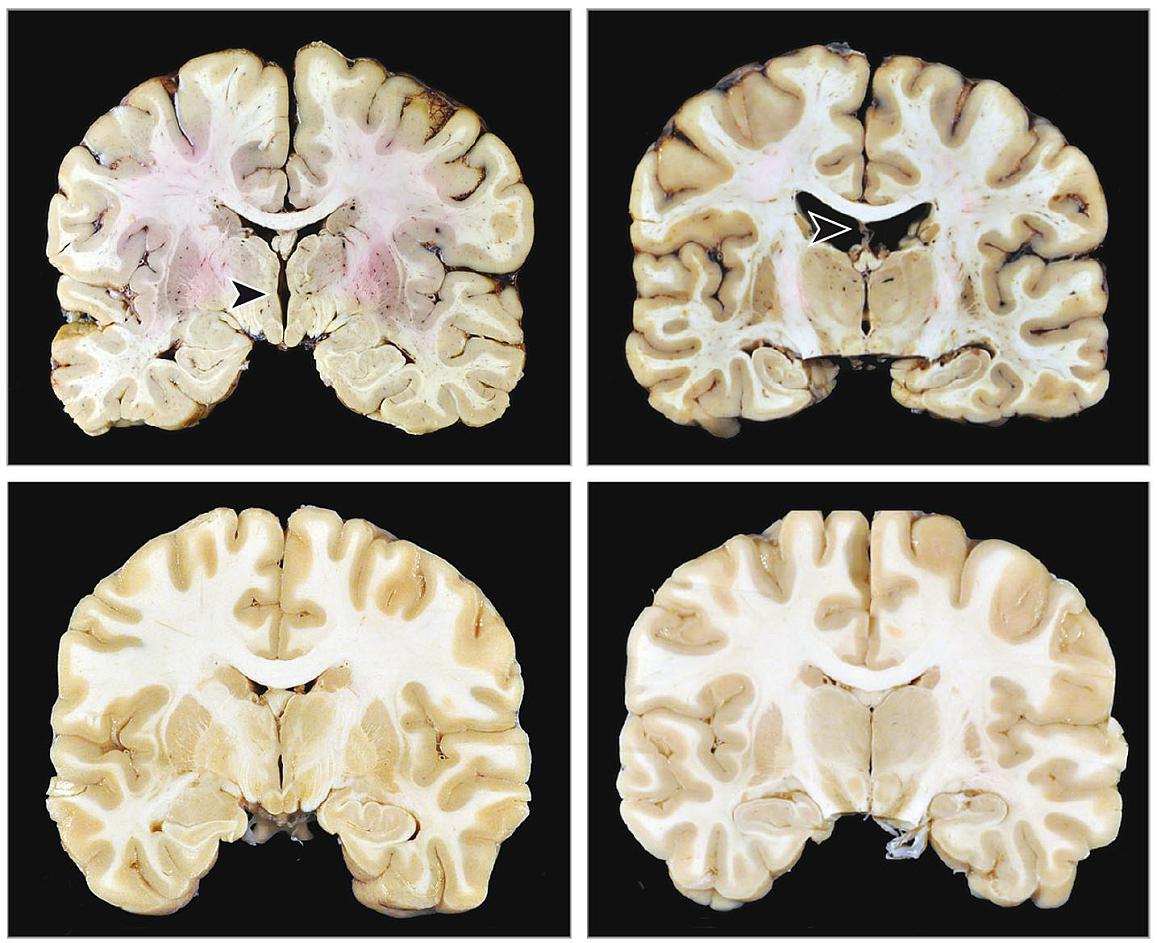Project Enlist Canada
Accelerating TBI, PTSD, and CTE research in the military community.
Project Enlist Canada
Project Enlist Canada is a catalyst for critical research on Chronic Traumatic Encephalopathy (CTE), Post-Traumatic Stress Disorder (PTSD) and traumatic brain injury (TBI) in military Veterans and service members.
TBI due to blast injury or exposure, as well as other service-related causes, is a significant problem in the military community. However, the scientific understanding of TBI and related disorders is in its infancy, and we lack both effective treatments and active diagnostic testing for living patients.
Brain bank research is an essential step in developing effective treatments for TBI, CTE, and PTSD so we can protect and support the heroes who courageously fight for our nation.
For additional information and content, visit our website dedicated to Project Enlist Canada.
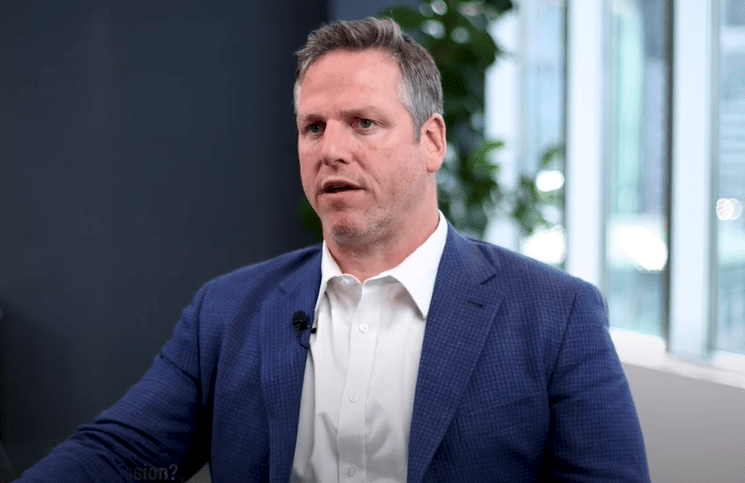
Pledge your brain to accelerate military CTE research
Project Enlist is recruiting and conducting outreach to the military community to encourage veterans and service members to sign up for the Canadian Concussion Centre Research Registry.
World renowned neuropathologist, Dr. Gabor Kovacs, leads the collaborative research effort made possible by pledges to Project Enlist Canada. To date, over 400 Canadian veterans and service members have taken the pledge.
Click here to pledge to donate your brain and join the Clinical Research Registry. If you sign up for the Clinical Research Registry, we’ll keep you informed of clinical studies you may be eligible for.
Click here to review actively recruiting studies that you may be eligible for. By signing up, you can play an active role in helping scientists find treatments for the effects of brain trauma.
Here to support those who sacrificed for us.
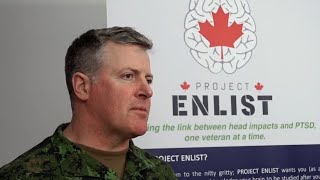
The Operation Brain Health Support Line
If you or someone you know is a Veteran or service member struggling with the effects of brain injuries, the Operation Brain Health Support Line is here to support you.
Powered by the CLF HelpLine, the Support Line is a free, personalized service dedicated to serving Canadian military populations. To date, the CLF HelpLine and the Operation Brain Health Support Line have provided more than 6,000 families globally with vetted medical recommendations, resources and tips from some of the world’s top brain injury experts, and innovative peer support for both patients and caregivers.
Whether you want help finding a doctor or clinic, want to understand more about brain injuries and CTE, or just want to talk to someone who understands what you’re going through, the Operation Brain Health Support Line has your back.
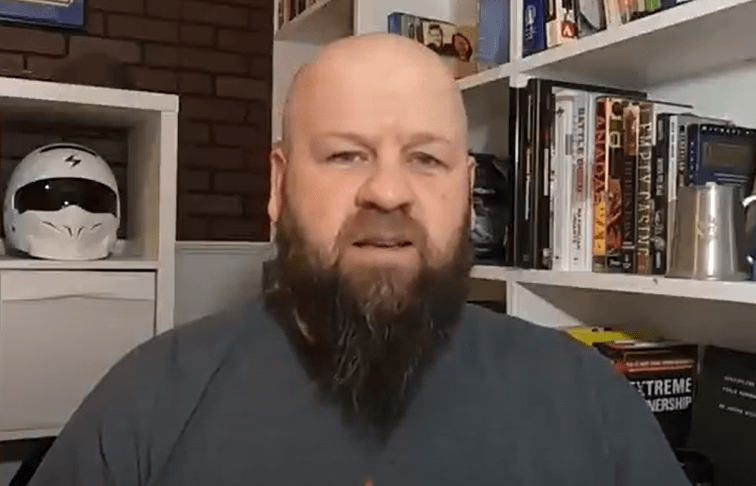
Operation Brain Health
Brain injuries don’t control your future. If you’re struggling with TBI or PTSD, or think you may have CTE, there are strategies, tactics, and treatments that can help you feel better today and lower your risk of problems in the future.
Powered by courageous volunteers and with the assistance of our medical experts at CAMH, Operation Brain Health is our library of brain health resources designed for members of the military community and their loved ones. We’ve recruited a team of top medical experts, elite athletes, and passionate advisors to share strategies, tips, and advice for navigating life with a brain injury.
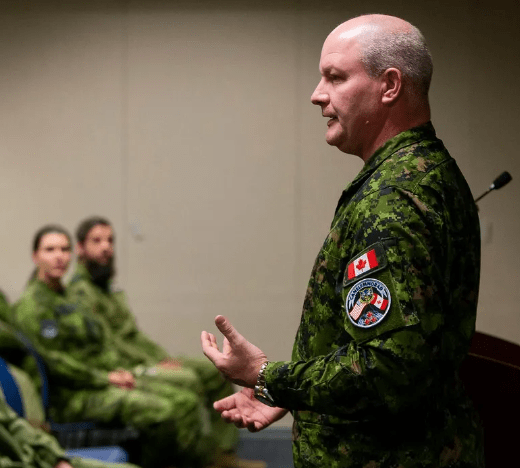
Operation Brain Health Support Groups
If you or someone you know is a Veteran or service member struggling with the effects of brain injuries and looking for a community to connect with, the Operation Brain Health Support Groups are here to support you.
Meetings are open to all serving and former military members and are facilitated by CAF Veterans Ryan Carey, Senior Director of Military Engagement, and Michael Terry, Director of Military Engagement.
Sessions are held on Zoom on the second Tuesday and second Thursday of each month. Join us to share your experiences, ask questions, find resources, and connect with others. Group membership is confidential.
Additionally, if you’re interested in 1-on-1 peer support you can connect with Ryan by scheduling a call with him here.
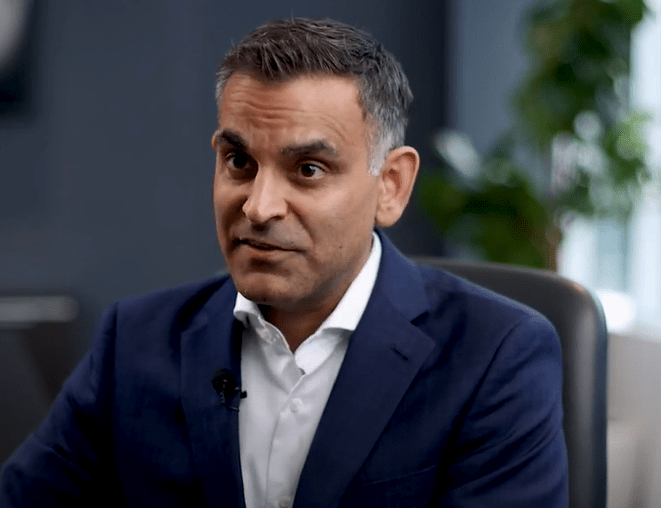
Why brain donation is critical to helping us understand CTE
Brain donation has proven to be an effective accelerator of research on CTE among athletes over the last decade. By showing how CTE has affected hundreds of athletes across multiple sports, we’ve inspired the scientific community to invest in CTE research.
We’ve learned that CTE isn’t just affecting athletes, though. It’s showing up in veterans around the world. We are committed to accelerating research in Canadian veterans and service members to learn how we can best support those that dedicated their lives to serving us.
Our researcher partners at the CAMH Brain Health Imaging Centre are especially interested in accelerating this research to find an in-life diagnosis, and eventually a cure for CTE.
Brain donation is the key that unlocks these discoveries and allows us to get a better understanding of the unique effects of military brain trauma exposure.
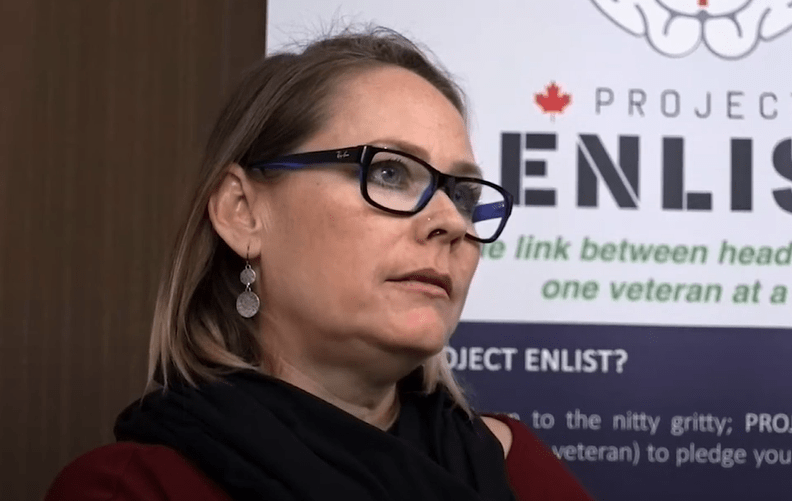
Project Enlist Canada is closing the gender gap in research
At the Concussion Legacy Foundation Canada, we are dedicated to closing the gender gap in brain related research. We know that women are vastly underrepresented in the medical literature, and we are actively working to change that narrative by working with research teams that prioritize gender equity.
Project Enlist Canada works with female veterans and service members across Canada to spread the word and encourage other women to speak up about their history of brain injury. Sgt (R) Alannah Gilmore, a retired Canadian Army Medic, has pledged to donate her brain to Project Enlist Canada to help future generations of service members.
In this video, Alannah explains why specific attention to studying the female veteran brain is important.
To accomplish our goal of gender equity, we need your help. If you, or a woman you know is interested in participating in clinical research or brain donation programs, take the pledge.
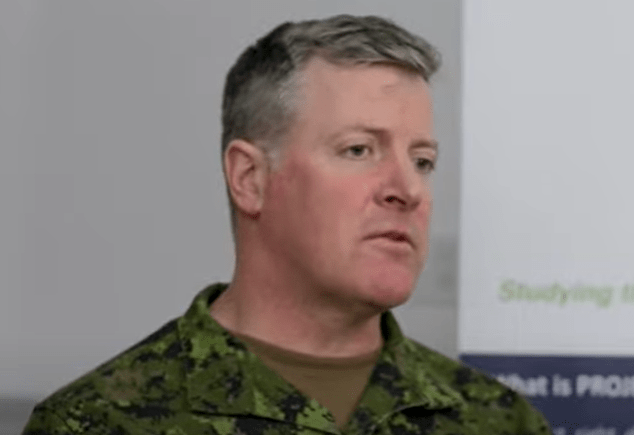
MWO Brendan Hynes on why he pledged his brain
MWO Brendan Hynes has pledged to donate his brain as part of Project Enlist Canada because he sees it as the path to understanding how a traumatic brain injury can impact those who served.
In this video, Brendan explains his why and how his two little girls saved his life. Warning: this video contains content about suicide.
Over 400 courageous veterans have taken the pledge so far. If you served our country, Project Enlist Canada is another opportunity to fight with the men and women who have defended it alongside you.
The Military and TBI:
A growing concern
Traumatic Brain Injury (TBI) is the signature wound of modern warfare, with up to 35% of Canadian Armed Forces members and veterans living with the impacts of concussion. This number is likely higher due to underreporting and has devastating impacts on our service members.
The most common causes of TBI in veterans include blasts from IEDs, combat-related falls or accidents, and vehicle crashes.[1] These injuries can range from mild concussions to severe brain damage, leading to long-term physical and psychological consequences.
Another major concern is the long-term effects of TBI on the brain.[2] Research has shown that repeated blows to the head, such as those experienced in combat, can lead to CTE and other degenerative brain diseases. These conditions can manifest years or even decades after the initial injury, causing severe cognitive impairment and behavioral changes.
One of the major challenges in addressing TBI and CTE among military members is the lack of awareness and understanding of these conditions. Many service members may hesitate to report their symptoms, fearing it will negatively impact their career or deployment status. In other cases, symptoms may be misdiagnosed or dismissed as common mental health issues.
The prevalence of TBI in veterans has also led to a growing concern for the long-term care and support of these Veterans. As they transition back into civilian life, many may struggle with physical disabilities, cognitive impairment, and mental health issues related to their TBI.
